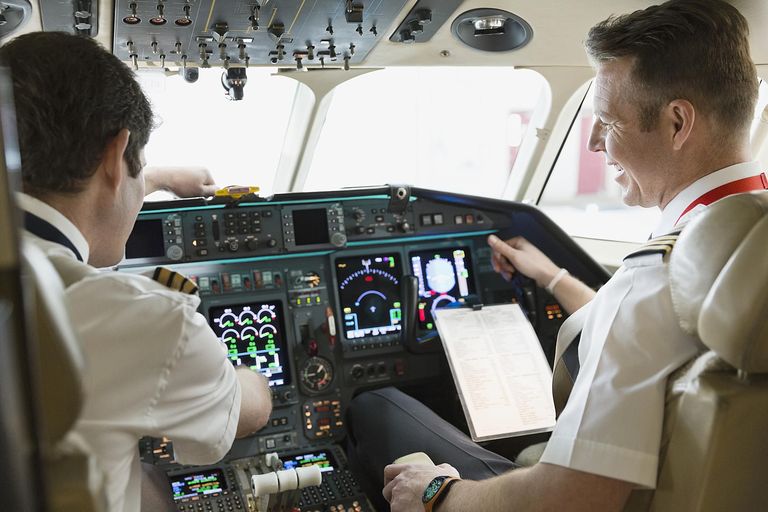What does it take to be a pilot? The answer transcends the realms of training and certification. To thrive in this profession, you must possess a distinct array of traits and qualities that extend beyond technical skills. In this article, we will delve into the indispensable characteristics of a successful pilot and the prerequisites for conquering the skies.
1. Dedication:
Being a pilot demands unwavering dedication. The rigorous training, continuous learning, and commitment to safety require an undying dedication to the profession.
2. Strong Work Ethic:
Pilots carry the responsibility for their passengers’ lives. Maintaining a strong work ethic is essential to ensure consistent adherence to safety protocols and procedures.
3. Resilience:
Aviation can be challenging, and unforeseen circumstances can arise at any moment. A successful pilot must remain resilient, keeping a cool head during stressful situations.
4. Adaptability:
Weather conditions, air traffic, and flight plans can change quickly. Adaptability is a key trait for a pilot to make swift decisions and navigate through unexpected challenges.
5. Exceptional Communication:
Pilots must have excellent communication skills, not only for interacting with air traffic control but also for briefing the flight crew and ensuring that passengers are informed and comfortable.
6. Situational Awareness:
Maintaining awareness of your surroundings and the aircraft’s condition is of paramount importance. Pilots must remain perpetually vigilant and possess the capability to assess situations with precision.
7. Problem-Solving Skills:
Swift decision-making and the capacity to make effective choices under pressure are vital attributes for a pilot, particularly in emergency scenarios.
8. Teamwork:
Pilots frequently operate in a collaborative setting with flight attendants, ground crews, and air traffic control. Efficient teamwork is crucial to guarantee a seamless and secure flight.
9. Attention to Detail:
Pilots must conduct meticulous pre-flight inspections and adhere to strict procedures. Precision and a keen eye for detail are crucial in preventing errors that could compromise safety.
10. Love of Learning:
Aviation constantly evolves. A prosperous pilot should possess a passion for learning and a dedication to remaining current with the latest technology and regulations.
11. Physical Fitness:
A pilot’s job can be physically demanding, so maintaining good health and physical fitness is essential to handle the demands of long flights and sometimes erratic schedules.
12. Passion for Flying:
Above all, a successful pilot should have a genuine passion for flying. This love for aviation will drive the commitment to the profession.
Conclusion
What does it take to be a pilot? It takes more than just technical skills; it takes a unique set of traits and qualities. dedication, resilience, adaptability, and exceptional communication are among the vital traits that define a successful pilot. If you hold a deep passion for flying and are committed to honing these qualities, you’re on the path to a gratifying aviation career.


